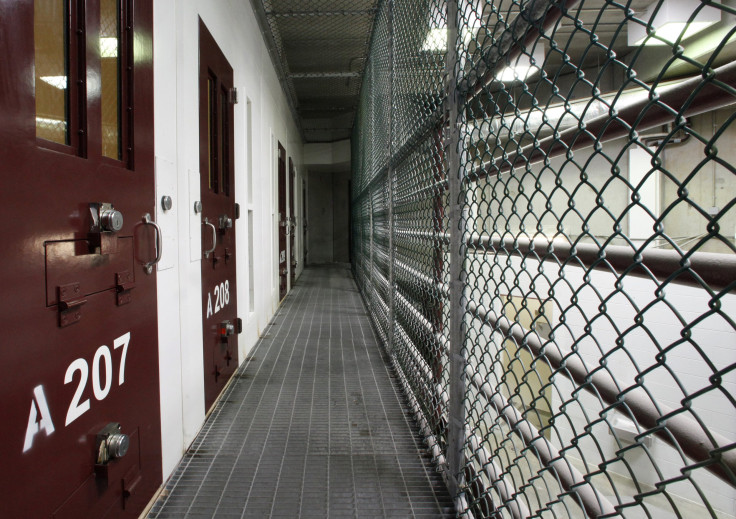US Prison Population 2016: Nearly 40% Of Inmates Unnecessarily Incarcerated, Report Says

Nearly 40 percent of inmates in U.S. prisons could be released as they don’t pose any compelling threat to public safety, a study found. According to the report, setting the 576,000 inmates (39 percent) free could save $20 billion annually.
The study published Friday was conducted by the Brennan Center for Justice at NYU School of Law. The U.S., which is home to less than five percent of the world’s population, is responsible for the incarceration of nearly 25 percent of the world’s inmates.
“Mass incarceration has huge social, racial, and economic costs,” Inimai Chettiar, director of the Brennan Center’s Justice Program, said in a statement. “As a result, there is intriguing, bipartisan consensus that we need to fix our broken criminal justice system. This is the first detailed, granular look at precisely how we can achieve this by significantly and safely cutting the prison population.”
Researchers analyzed federal and state criminal codes in addition to convictions and sentences of roughly 1.5 million inmates who are serving sentences for 370 different crime categories, to arrive at the number of inmates imprisoned without a meaningful public safety threat.
They found that 25 percent of inmates nationwide are nearly all non-violent lower-level offenders and could be sentenced to community service or probation rather than prison. Fourteen percent of inmates have served sufficient sentences that could warrant their release “with little to no risk to public safety.”
The $20 billion saved thanks to the release of these inmates could be used to employ 270,000 new police officers, 360,000 probation officers, or 327,000 school teachers, the researchers found.
“Too many people end up in prison in the first place, when alternatives like treatment would work much better. Still others are locked up for too long and research shows those sentences are ineffective,” the Brennan Center’s senior counsel Lauren-Brooke Eisen said in the statement. “When what you’re doing isn’t working, it’s time to rethink it. We hope our recommendations will jump-start a conversation.”
Mass incarceration was the product of harsh sentencing laws after the crime explosion in the 1980s and 90s. In an accompanying analysis, the researchers wrote: “With 2.2 million people in prison, mass incarceration is the greatest moral and racial injustice of our time. We need bold solutions to solve this crisis, but few systemic solutions exist.”
The report suggested revising minimum and maximum sentences for a crime based on the seriousness of the crime committed while eliminating prison sentences for lower-level crimes save a few exceptions.
© Copyright IBTimes 2024. All rights reserved.






















